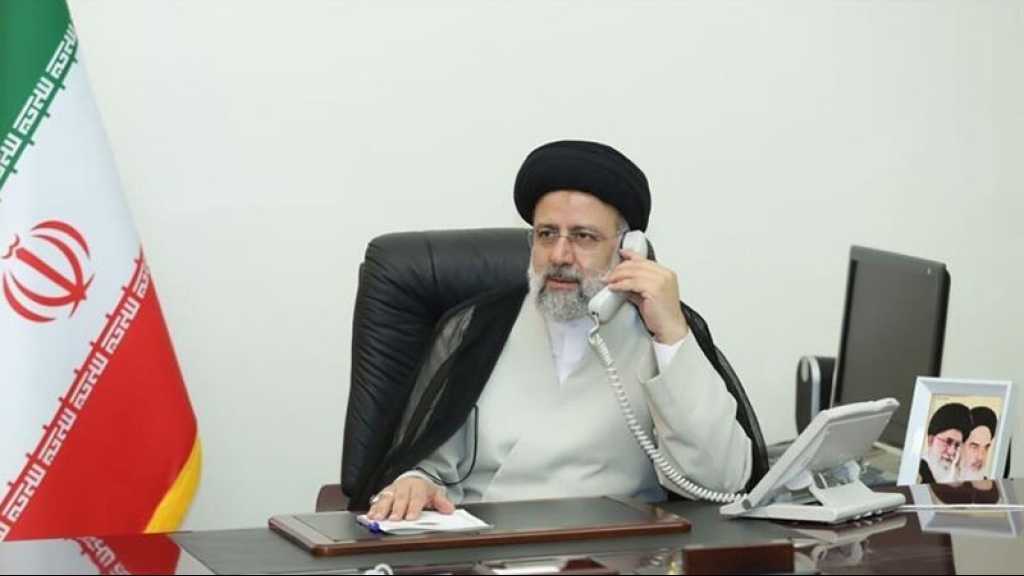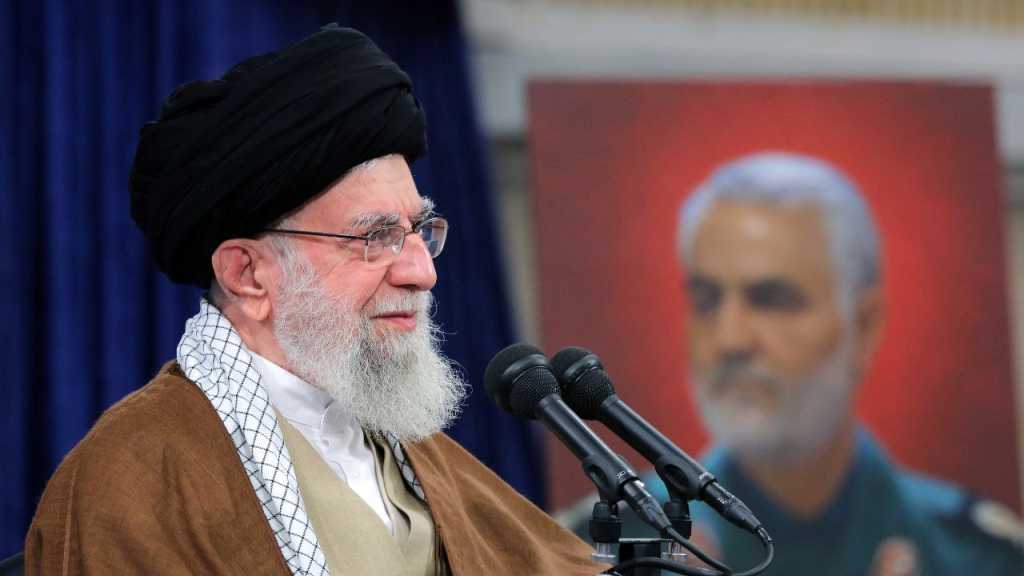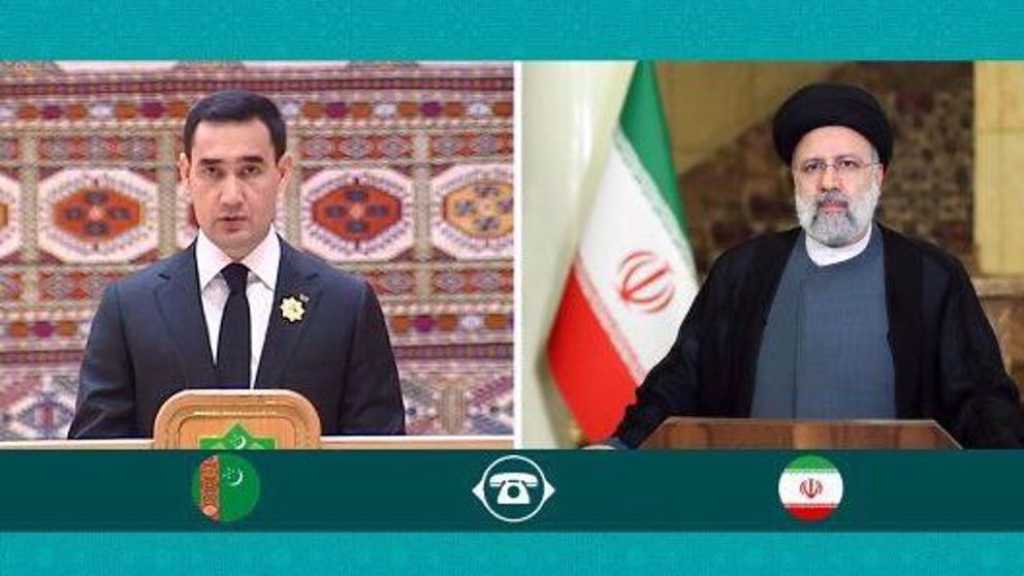
Iranian Zarif: Result of Nuclear Talks Hard to Predict
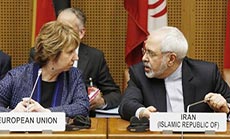
Local Editor
Iranian foreign minister took to social media Thursday to warn that the outcome of nuclear talks with world powers was unclear, as a decisive final round began in Vienna ahead of a July 20 deadline.
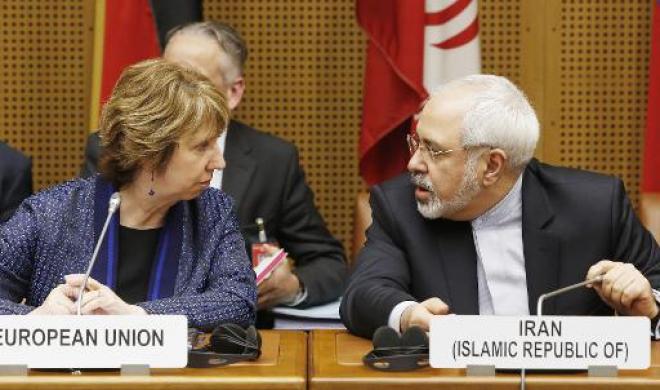 "Considering the complexity and inter-connectivity of the several issues that must be agreed upon for the comprehensive agreement, it is really difficult to predict the outcome of the negotiations," Mohammad Javad Zarif said on his Facebook page.
"Considering the complexity and inter-connectivity of the several issues that must be agreed upon for the comprehensive agreement, it is really difficult to predict the outcome of the negotiations," Mohammad Javad Zarif said on his Facebook page.
The accord being sought by Iran and the five permanent members of the UN Security Council, plus Germany, would finally end the West's pressure on Tehran's peaceful nuclear program.
With "IS" terrorists overrunning parts of Iraq, and Syria, a deal could help Tehran and the West normalize relations at a particularly explosive time in the Middle East.
"In this troubled world, the chance does not often arise to reach an agreement peacefully that will meet the needs of all sides, make the world safer, ease regional tensions and enable greater prosperity," US Secretary of State John Kerry said this week.
The so-called P5+1 powers have proposed to Iran a "series of reasonable, verifiable and easily achievable measures", he said, warning Iran not to "squander a historic opportunity."
"What will Iran choose? Despite many months of discussion, we don't know yet."
Zarif, in a video message Wednesday, called the talks a "unique opportunity to make history," saying success would allow both sides to address "common challenges" such as Iraq.
But with major differences apparent after five rounds of talks seeking to secure a deal by July 20 - when an interim deal from November expires - Zarif said in French daily Le Monde that some among the P5+1 were suffering from "illusions."
A senior US official involved in the talks said Thursday that Iran's capacities to enrich uranium should be "very limited" and "a fraction" of what they are at present.
But Iran insists it has made too many advances in uranium enrichment to turn the clock back and that it needs to expand its program in order to fuel a future wave of power reactors.
Demands that Iran's program be "radically curbed" rest on a "gross misrepresentation of the steps, time and dangers of a dash for the bomb", Zarif said.
In theory, the July 20 deadline could be extended by up to six months, and many analysts believe this is already being negotiated.
Michael Mann, spokesman for EU foreign policy chief and the six powers' lead negotiator, Catherine Ashton, told reporters he was "not aware" that an extension was being discussed.
"The atmosphere is as always very workmanlike... [Negotiators] come here with determination to push the process forward and reach a deal by July 20," he said.
Source: News Agencies, Edited by website team
- Related News
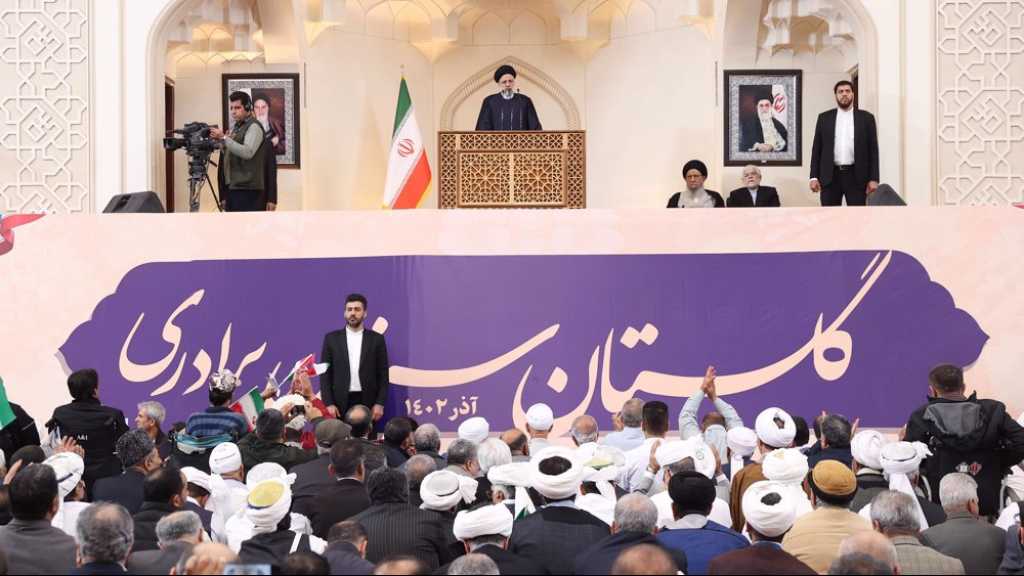
Raisi: Palestinian Resistance Astonished The World
4 months ago